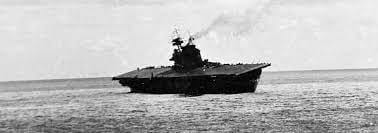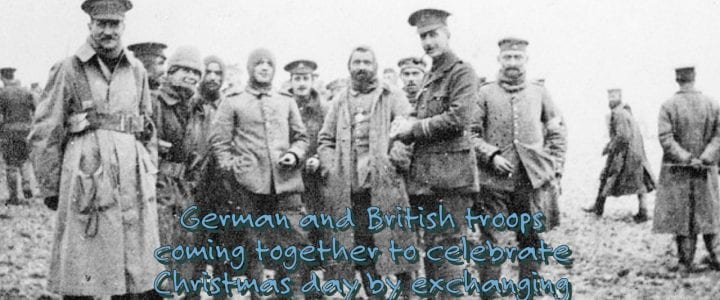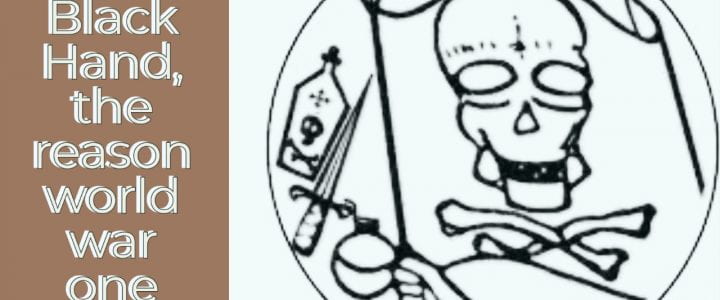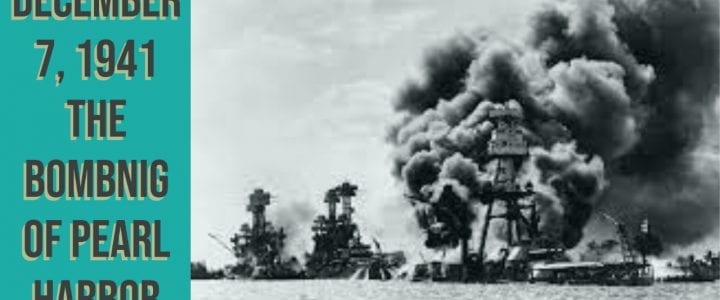On the morning of June 4, 1942, an event occurred that changed the course of World war all over the northwestern Pacific Ocean, the battle of Midway. This event was mainly fought between the Japanese navy and the American navy. Midway is a small island in the central Pacific Ocean, around 1,300 miles northwest of Honolulu. Before World War ll, Midway was just a small island with very few inhabitants. There are many reasons that Midway was such an important part of World War ll. One of them is that an island as big as midway would be a great airport for Bombers and other planes to land and refuel. If either side had this island it would be a huge advantage.
Why was Midway so important?
Midway was such an important role for many reasons. One, it could be used as an airport and a harbor to refuel planes and boats. Two, if either side had midway they would be able to travel across the ocean safely with enough fuel and attack the targeted enemies. Three, If either side got it they would constantly have the upper hand. Four, the most important reason of them all, if Japan had Midway they would have almost 60 percent of the pacific ocean as their territory. This would give Japan a chance to continue expanding and bring their troops to invade America. Midway would also be very important to America. The article Jun 4, 1942 CE: Battle of Midway Begins states, “Code-breakers were able to decipher Japanese naval code, allowing American leaders to anticipate Japanese maneuvers.” With an island like Midway America would be able to uncover many of the Japanese offensive plans.
How did the battle of Midway unravel?
On June 4, 1942, the battle of Midway began. The Japanese Military had not lost a battle in over 50 years, they had even devastated America during the bombing of Pearl Harbor. They did not expect to lose now. In the article Battle of Midway begins – HISTORY it states, “ Yamamoto’s plan consisted of a feint toward Alaska followed by an invasion of Midway by a Japanese strike force.” The Japanese thought that when the U.S. fleet would show up to counter the Japanese invasion they would just be waiting in the west unseen. Then they would destroy the U.S. fleet just like they had in Pearl Harbor. But, 200 miles northeast, two different U.S. naval pacific fleets caught the Japanese by surprise. They destroyed three of the Japanese carriers and they destroyed one heavy cruiser. The only Japanese ship that managed to escape the surprise attack was the Hiryu. It used all of its aircraft against the U.S. task force and managed to do nearly fatal damage to the U.S. carrier Yorktown. Later at around 5:00 PM, the US managed to strike back and leave the Hiryu destroyed by morning.
How it all came to an end
When the battle of Midway had finally come to an end, the Japanese had lost up to four carriers, 292 aircraft, and a single cruiser. They suffered around 2,400 losses. The U.S. hadn’t suffered such severe casualties, they only lost 2 ships, around 150 aircraft, and lost about 300 casualties. In the end, no one took home the victory, but the U.S. did finally have their first offensive victory, which changed the entire course of World War ll. In August 1942, the U.S. continued to push back against Japan taking over many other Islands all the way to Iwo Jima.
Conclusion
In conclusion, on the morning of June 4, 1942, the battle of Midway took place. Japan and America fought over an island that would give them a huge advantage, which could have possibly been a huge role on both sides. Naval ships, planes, and troops fought for up to six days on end. Strategies were used by both Japan and the U.S. but in the end, the U.S. pacific navy ended up coming out on top. Up to 8 total ships were lost, around 440 planes were shot out of the sky, and around 2,700 men were lost overseas. After all of the losses and of sunken ships, the U.S. managed to take over midway, use it as an airbase and continue to conquer Japan.






